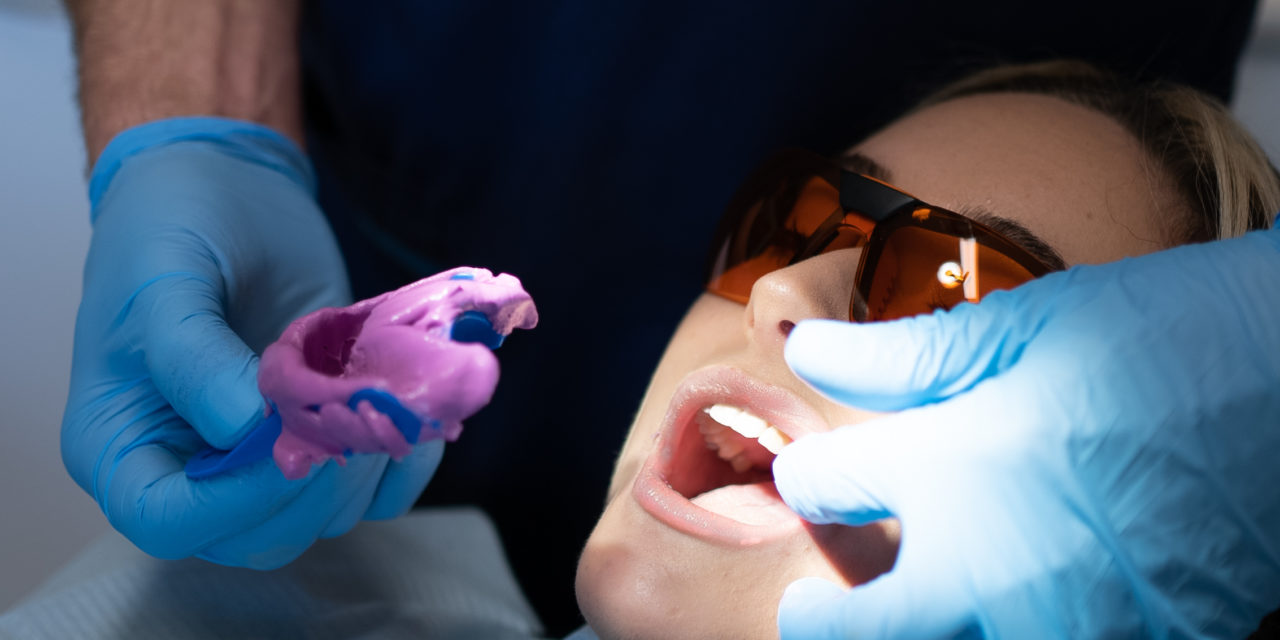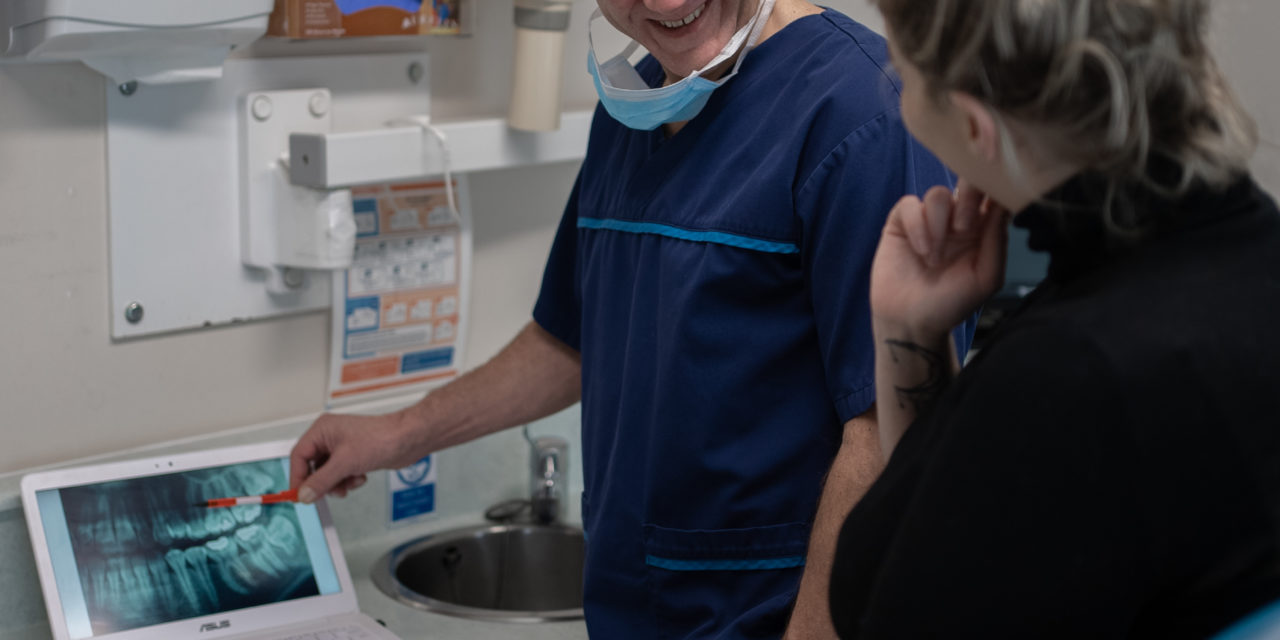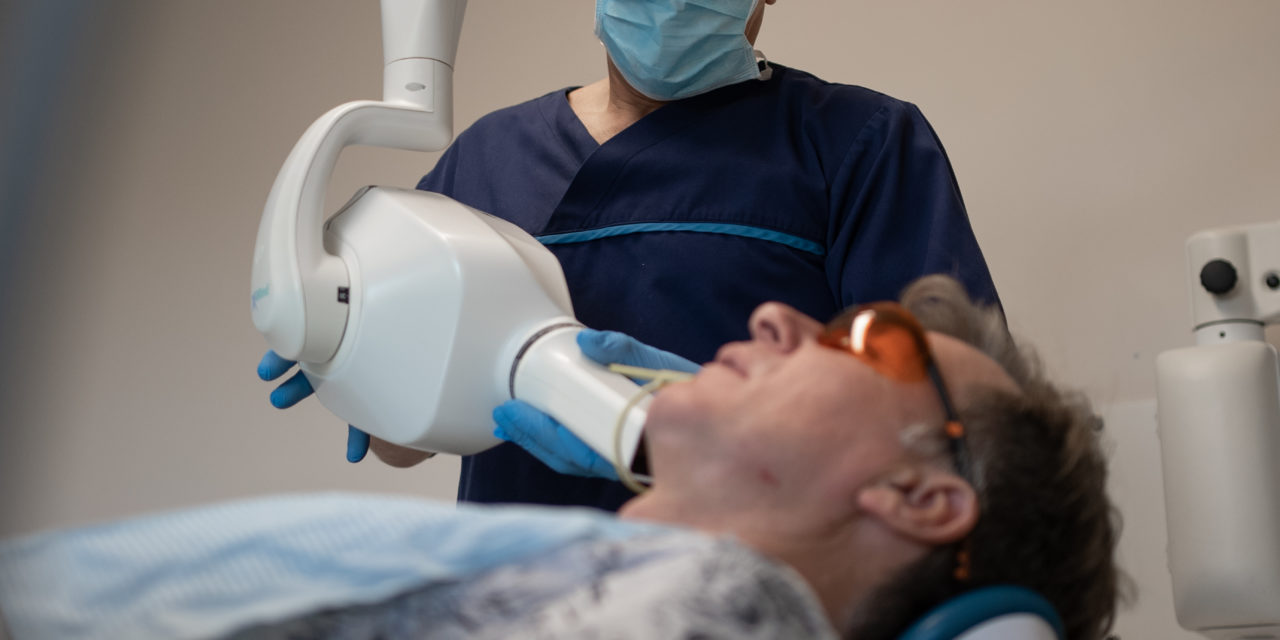
What is Teeth Grinding or Bruxism?
An issue that affects over 80% of the population, bruxism is the medical term for the grinding and/or clenching of the teeth and jaw. Left untreated, bruxism can lead to a number of side effects for the sufferer, which can be both painful and persistent.
Possible symptoms include: migraines & headaches on waking, stiff neck & jaw, earache, poor sleep quality and damage to teeth. With the exception of the latter, there is little that implies bruxism could be at the root of the problem, which is often the reason that it remains heavily overlooked and underdiagnosed in the UK.
What are the causes?
Why bruxism occurs is not always clear, though there are a number of contributing factors that could suggest why a patient may be clenching or grinding. The NHS website suggests:
Stress – The highest cause of bruxism, most sufferers of stress & anxiety are often unaware that they are bruxing. These
conditions, whether job or lifestyle-related, can often lead to disrupted sleep patterns and restlessness.
Lifestyle – Substances such as tobacco, caffeine and alcohol have all been linked as co-factors of bruxism. Known to
affect sleep, bruxism rates are significantly higher for individuals who use these psychoactive substances.
Sleep disorders – Snorers, and those suffering from obstructive sleep apnoea or sleep paralysis are more likely to suffer from bruxism. OSA seems to be the highest risk factor, as the snorting and gasping can result in clenching & grinding.
Did you know your dentist can help? At Penn Hill Dental we offer a range of possible treatments to protect the sufferers teeth from permanent damage and help combat the symptoms experienced as a result of bruxism or teeth grinding during sleep. Contact us today for more information on our treatments available or to book an appointment.




